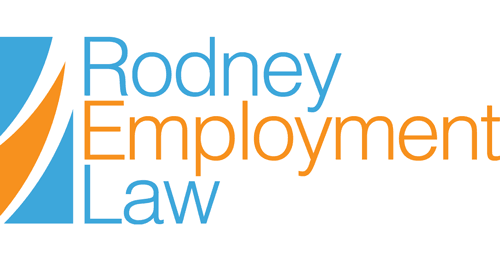By: Jordan Rodney & Miriam Anbar for The Lawyer’s Daily
For most Canadians, hockey is in our blood. Employment laws and regulations? Not so much. Having said that, employment applies to almost all of us, from the CEO down to the student packing groceries part-time at your local store. So why are some employees’ rights more of a topic of discussion than others?
The recent case involving the employment rights of Ontario Hockey League (OHL) junior players has sparked quite a controversy. The key issue being whether or not OHL players should be paid and protected by the Ontario Employment Standards Act (ESA), which regulates employment in the province, including wages, maximum work hours, vacations and statutory holidays.
The Ontario government recently announced that it will exempt OHL players from the ESA based on their status as “student athletes.” Proponents of this decision argue that the OHL provides player protection, training, coaching, equipment, travel, housing costs and meals while advancing the
players’ careers in hockey and supporting their education. Critics of the government’s decision believe the OHL owners, and their interest and profits, are being protected at the expense of vulnerable young players. They argue the OHL players should be paid as workers and protected
under the ESA.
In the employment law world, the issue of who is “covered” and who is “exempt” under the ESA has been debated for many years. The dialogue is ongoing, impacting a number of industries, most notably professionals (e.g., lawyers, accountants, engineers, etc.) While OHL players now technically
fall under an exemption from the ESA as student athletes, the reality is that these “exemptions” are not so clear cut.
ESA exemptions have been criticized for years given that this is such a grey area. By allowing this student athlete exemption for OHL players, the Ontario government has muddled an already muddled area of legislation. As opposed to narrowing these exemptions, as lawmakers have claimed they are trying to do, in this case, the opposite has occurred.
Some argue that the real controversy here is that the Ontario government made this decision to exempt OHL players from the ESA without allowing the players to advance their case or provide their input, presenting a significant due process gap. This is particularly concerning given the ongoing $180 million lawsuit against the OHL on behalf of former players claiming the league violates employment standards and minimum wage laws. Instead of tackling the issues head on and considering the complexities, it seems the team owners have received a “political pass” to bypass the system and skip some very important steps.
